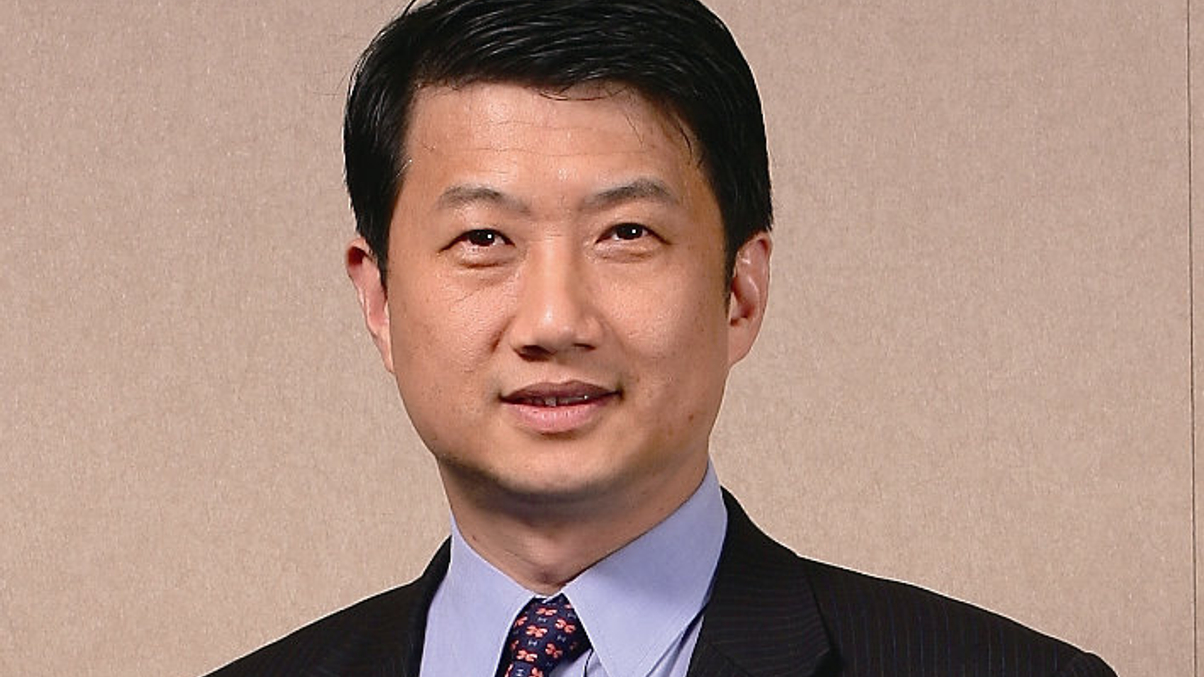Taiwan regulator calls for commitment from foreign managers
The Financial Supervisory Commission is considering offering incentives to firms that put in place larger local investment teams, among other things.

Taiwan’s Financial Supervisory Commission (FSC) is updating rules and regulations with the aim of encouraging offshore funds to contribute more to the local market.
Sign in to read on!
Registered users get 2 free articles in 30 days.
Subscribers have full unlimited access to AsianInvestor
Not signed up? New users get 2 free articles per month, plus a 7-day unlimited free trial.
¬ Haymarket Media Limited. All rights reserved.


